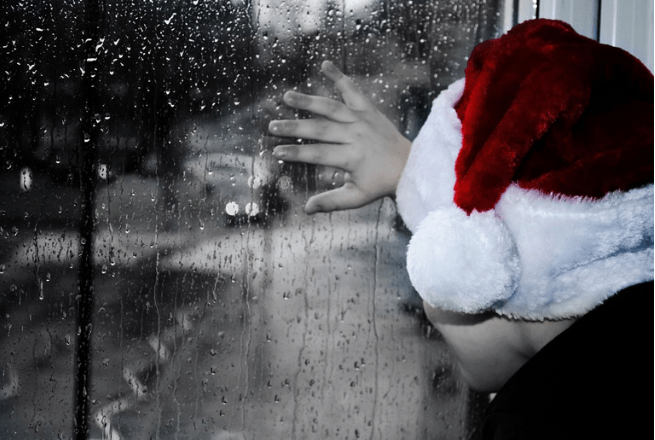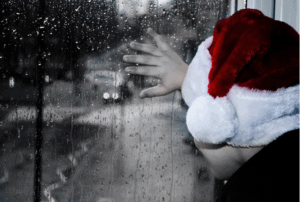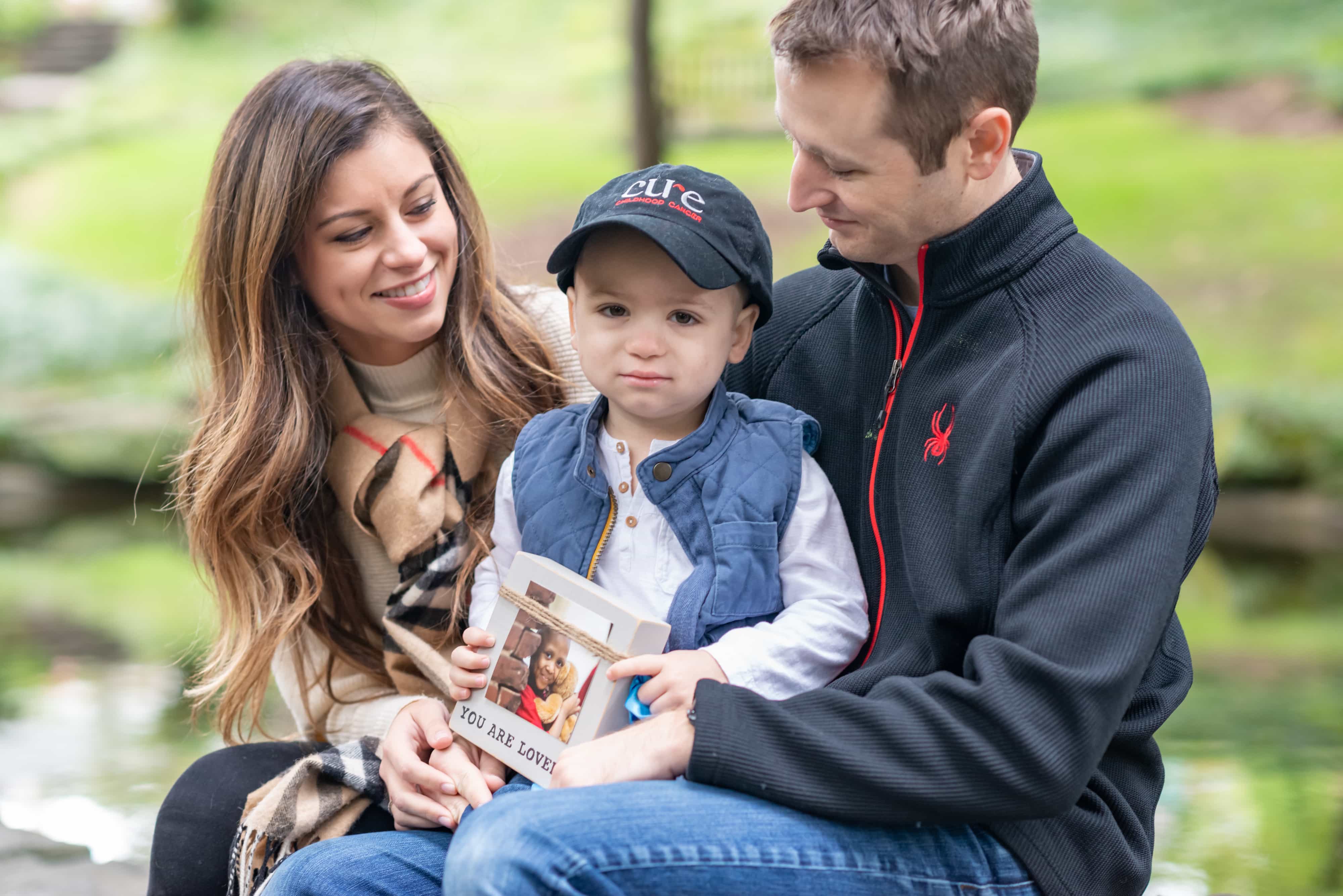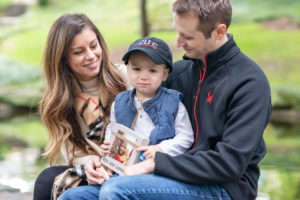As we sat down with Arlena Pou, our intention was to learn about last year’s Legacy of Love Day, which was the first she had attended. In the end, we learned much more about her son, Herbert, than we ever did about her experience. And that’s okay – because even nine years out, some things just need to be said.
Herbert Shaw, Jr was nineteen years old when medulloblastoma took his life on February 10, 2008. He was a drum major in his high school marching band – a popular boy who loved church and shared his gift of music wherever he could. He was a thoughtful and kind young man who left his mother a mission to grant scholarships to brain tumor survivors.
His loss also left a void in Arlena’s life that she knew she couldn’t fill.
“You don’t get over this,” she said firmly. “I don’t expect to ever get over it and I don’t expect anyone to understand that I won’t ever get over it. In a way, I don’t even want to get over it because I refuse to forget my child.”
Arlena attended CURE’s Annual Weekend of Hope and Healing several times and there she found a community of support. But as years went by, her stage of grief was different than many of the parents who had so recently lost their children. When she first heard about the Legacy of Love Day, she was slightly apprehensive but decided to give it a try.
“I needed to reconnect with my co-grievers who share in this community,” Arlena said. “It ended up being a day that revived me and kept me going. It is a safe place to share your heart or say nothing and take it all in.”
The goal of CURE’s Legacy of Love day is to continue to allow bereaved families to gather together in fellowship while celebrating and honoring the lives of their children in a more relaxed, recreational atmosphere. Families hear from a speaker whose topic is relevant to the grieving process of parents who are further along in their grief journey and the day culminates with a memorable candle lighting ceremony.
“The day was very fulfilling for me. I loved reconnecting with friends, sharing Herbert with them, and meeting others who have had this same experience. I also appreciated leaving with something tangible so I could always remember the weekend.”
Like Arlena, we understand that you will never get over the loss of your child. There will always be things to say. If you are further along in your grief journey, we would love for you to join us at CURE’s Legacy of Love in the future.
For more information, please email Lisa Branch at [email protected].




 Yes, Tears. All of the aforementioned pleasures that warm most of us can cause angst, dread, and tears for those who are hurting. Unfortunately, in our childhood cancer world, too many are forced to face this season without the children who make it so special. But we don’t have the market cornered on pain. Many are dealing with heartbreak and struggles. While December is a season of love and giving, it also seems to magnify pain and loss. Maybe that loss is a child, a spouse, a parent, or a relationship that they thought was forever. If we pull back the smiles like an old winter coat, we all have friends who are hurting.
Yes, Tears. All of the aforementioned pleasures that warm most of us can cause angst, dread, and tears for those who are hurting. Unfortunately, in our childhood cancer world, too many are forced to face this season without the children who make it so special. But we don’t have the market cornered on pain. Many are dealing with heartbreak and struggles. While December is a season of love and giving, it also seems to magnify pain and loss. Maybe that loss is a child, a spouse, a parent, or a relationship that they thought was forever. If we pull back the smiles like an old winter coat, we all have friends who are hurting.
 There are variations in the impact of the child’s illness on fathers’ and mothers’ relationships. While some relationships are weakened by these extremely stressful circumstances, others are strengthened during the cancer experience.
There are variations in the impact of the child’s illness on fathers’ and mothers’ relationships. While some relationships are weakened by these extremely stressful circumstances, others are strengthened during the cancer experience.

